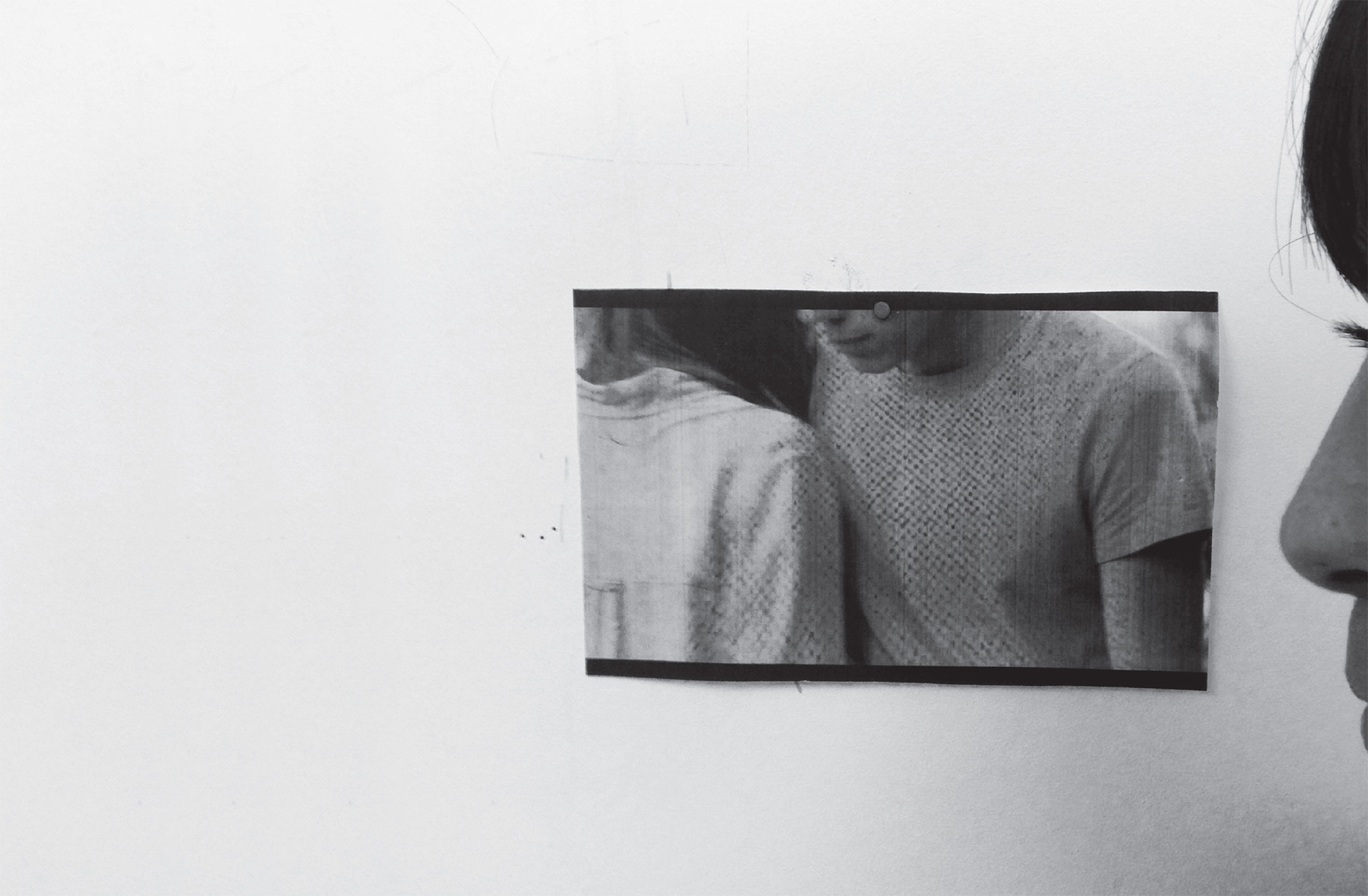Ostensibly A man in a room spay-painting a fly… (or at least trying to…) is a collection of London-based artist (and co-founder of the off-space FormContent) Francesco Pedraglio’s writings, readings and experimental artist responses. Yet these meander and flow into each other without discrete titles; some narratives are left to hang, and others recur throughout the 350-page text. No particular fictional arc is adopted – indeed, Pedraglio plays with the structures of fiction as much as he does that of the ‘collected writings’ format. Instead the book acts as a wayward fiction-producing machine, spewing out delightfully evocative sentences left, right and centre. The title is exemplary of this. See also ‘And that’s when they see the hanged sparrow for this first time,’ in which those twelve words spin off possible stories like a Catherine wheel. Or: ‘So there I am in such a dreadful restaurant – the heat, the vodka, the loud voices – with my non-acquaintance looking at me dispassionately.’
Similar to the work of theatre company Forced Entertainment (particularly their first durational performance 12 am: Awake & Looking Down, 1993), questioning ideas of how we produce fiction, or indeed any narrative discourse (and one could include the life story or the arc of history in this) proves to be Pedraglio’s project, most apparent in the recurring characters of Bruno and Martha. Martha is an old woman who dies repeatedly. A radical destruction of the linear narrative of life, this gains her a small but cult following that religiously attends her funerals, ad infinitum. Bruno is her housekeeper, and destroys the idea of the singular story in another manner, by ‘becoming’ various heteronyms, from Arturo, the Italian film critic exiled to Mexico, to Enrique, the boy who decides he wants to be a chair. Utilising these brilliantly painted characters Pedraglio’s dissection and theorising of storytelling is handled with such humour and verve that A man in a room… springs along at a sprightly pace, seemingly unencumbered by this ‘meta-’ baggage.
This article originally appeared in the October 2014 issue
